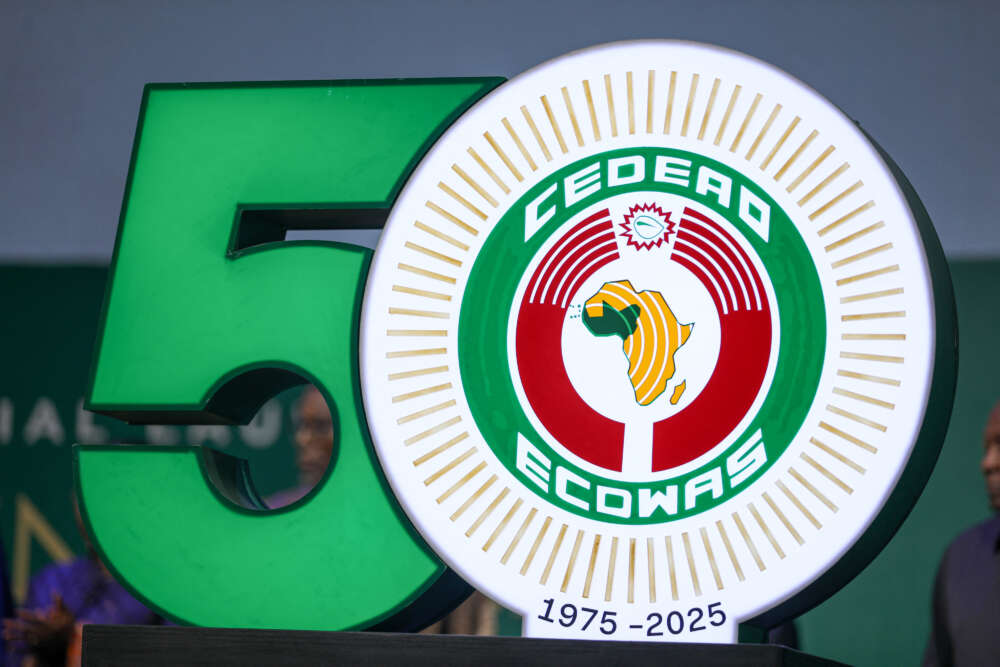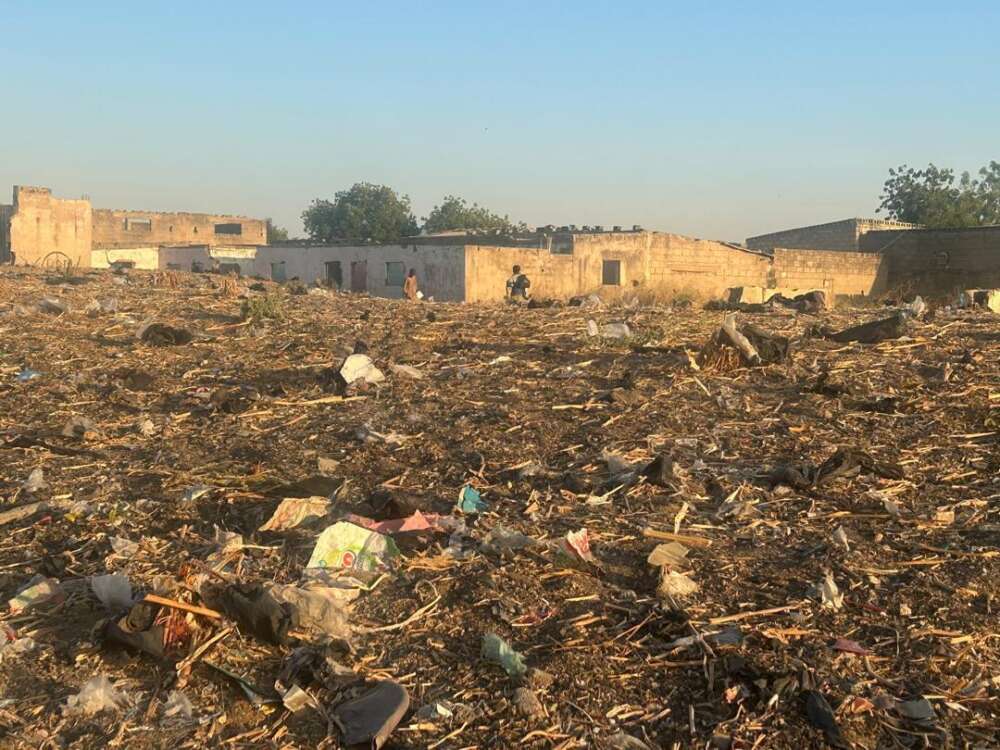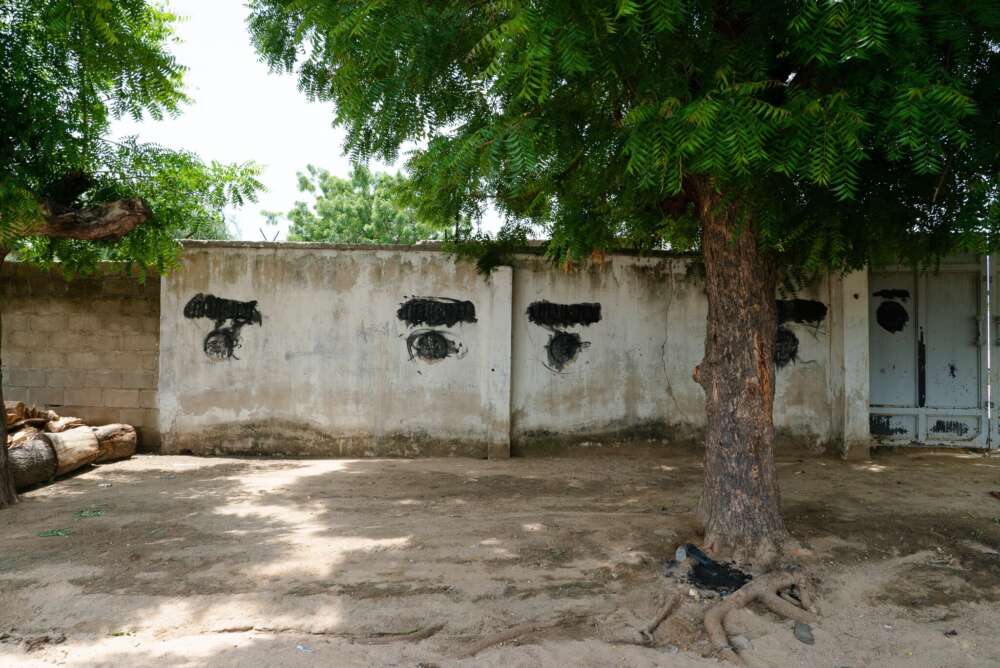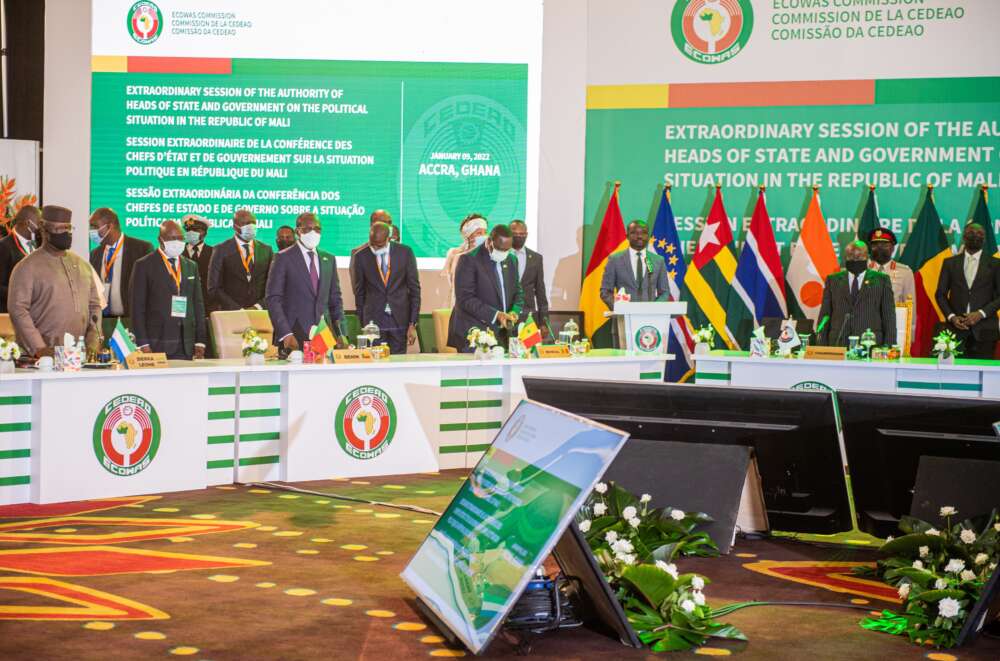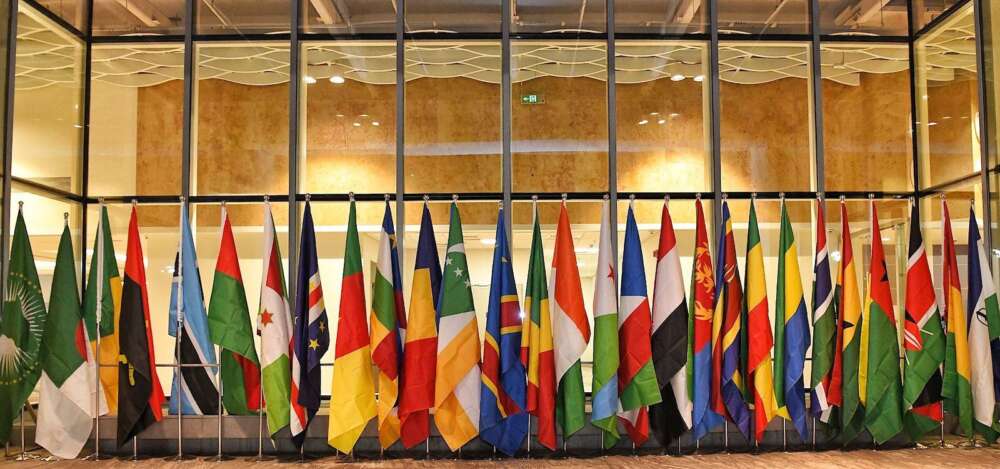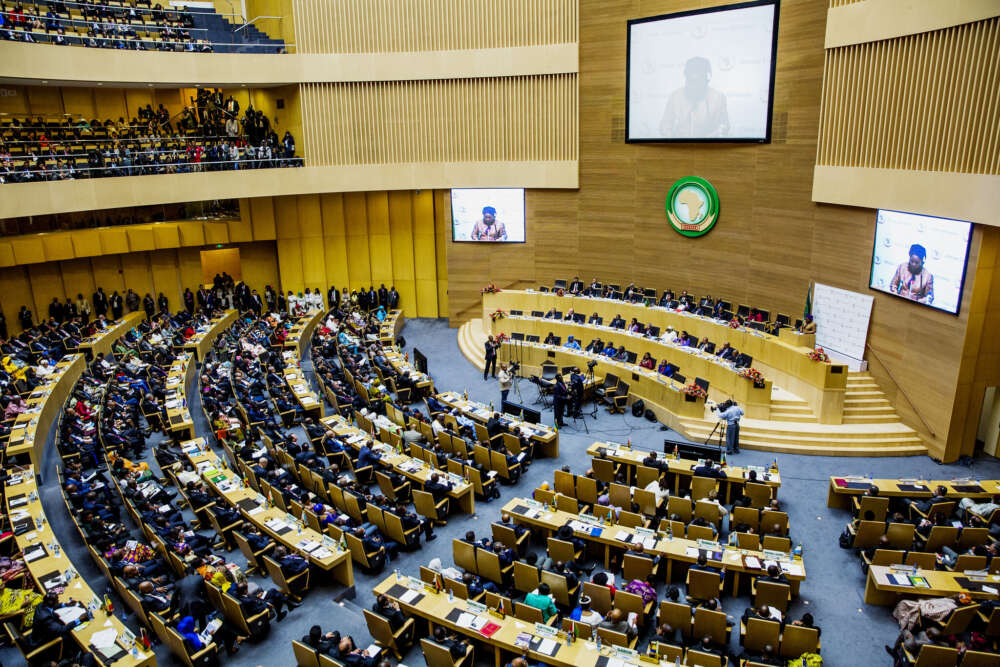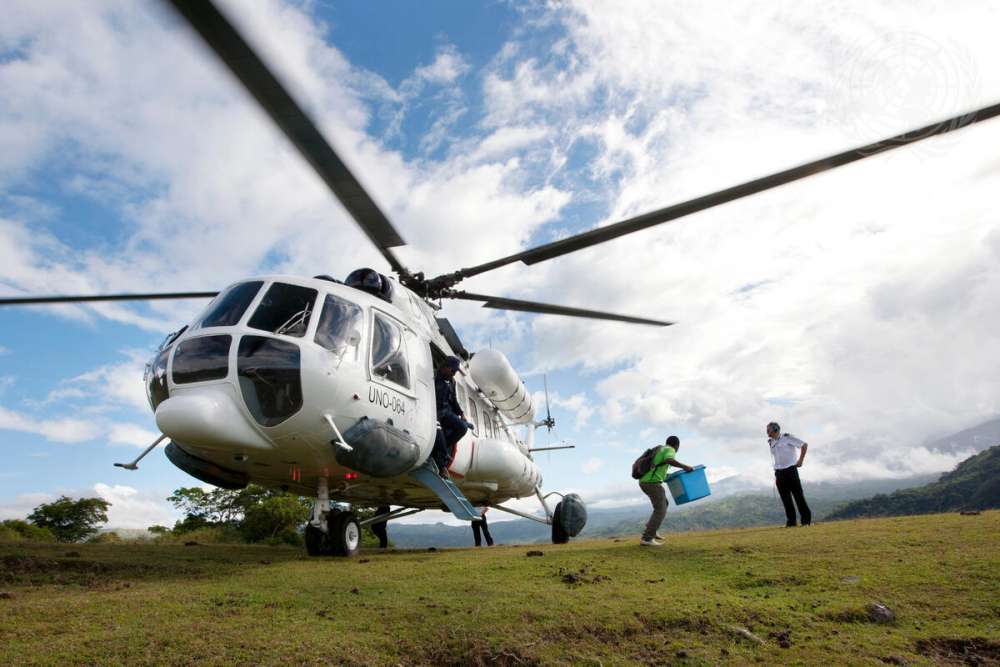Pathways to Peace: Fostering Coordination in Sudan’s Mediation Processes
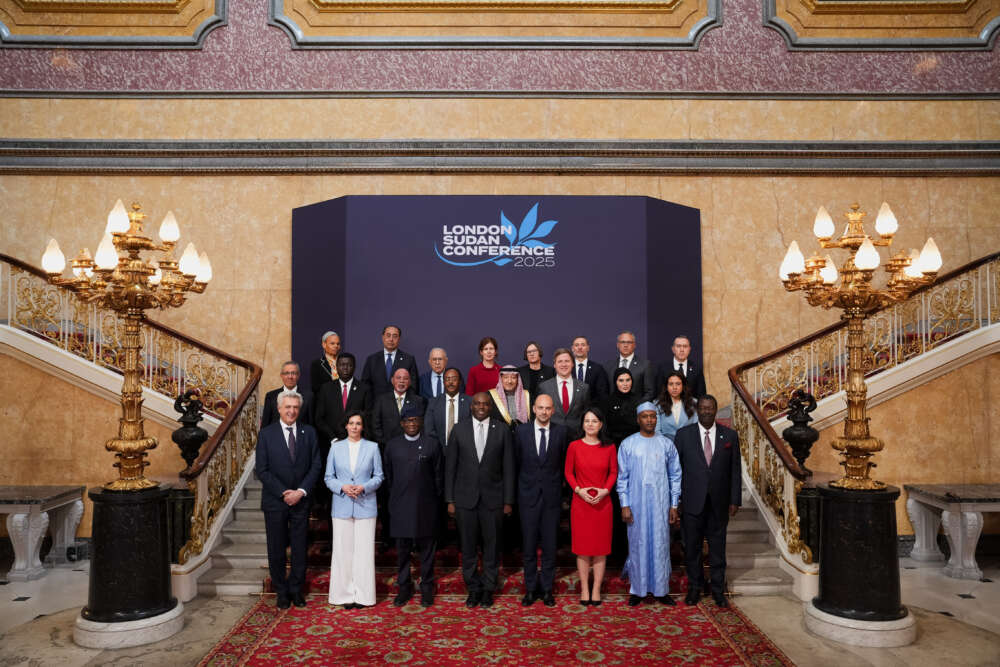
Two years into the brutal civil war in Sudan, international and regional efforts aimed at achieving a ceasefire have stalled. Since the start of the war on April 15, 2023, hundreds of thousands have died, over 12 million have been displaced, and thousands of lives have been impacted by cholera and famine.
Several mediation efforts have attempted to facilitate a resolution to the conflict, but their processes has been hindered by a lack of genuine political commitment from the warring parties, external interference and civilian fragmentation. As of yet, international peace initiatives have been largely ineffective and competitive, exposing the (fragmented) international order’s inability to end the war.
Yet, amidst the many uncoordinated initiatives, two unexpected possibilities emerged in early 2025, which may carry the potential to break the current mediation stalemate: a United States-led, revitalized “Quad for Sudan” and a new multilateral “Quartet of Special Envoys.”
- The “Quad,” facilitated by the US, brings together Egypt, Saudi Arabia and the United Arab Emirates (UAE) as influential external backers of a peace initiative.
- The “Quartet” focuses on aligning the positions of four multilateral organizations: the African Union (AU), the Intergovernmental Authority on Development (IGAD), the UN, and the Arab League.
This policy brief assesses both initiatives and offers some key recommendations for better coordination, sequencing, and impact of peace mediation initiatives.
The recommendations include:
- The UN Security Council should consider constituting a broader political mission, similar to the United Nations Integrated Transition Assistance Mission in Sudan.
- Despite ongoing challenges, the AU and IGAD should maintain inter-Sudanese civilian dialogue efforts; the Quad and the Arab League must continue their diplomatic engagement with the UAE, Egypt and Saudi Arabia.
- Other actors, such as the EU, the United Kingdom and the US, can sustain their support for a coordinated approach by minimizing friction from competing mediation and dialogue platforms.
This publication is funded by the German Federal Foreign Office as part of the project“Stabilization Lab: Improving Key Instruments for Crisis Prevention, Conflict Resolution and Peacebuilding.” This arm of the project on“Political Tools for Managing Crises in Africa,” is a collaboration between GPPi and the Institute for Security Studies (ISS). The views expressed herein solely reflect those of the authors and do not present the official position of the German government.
